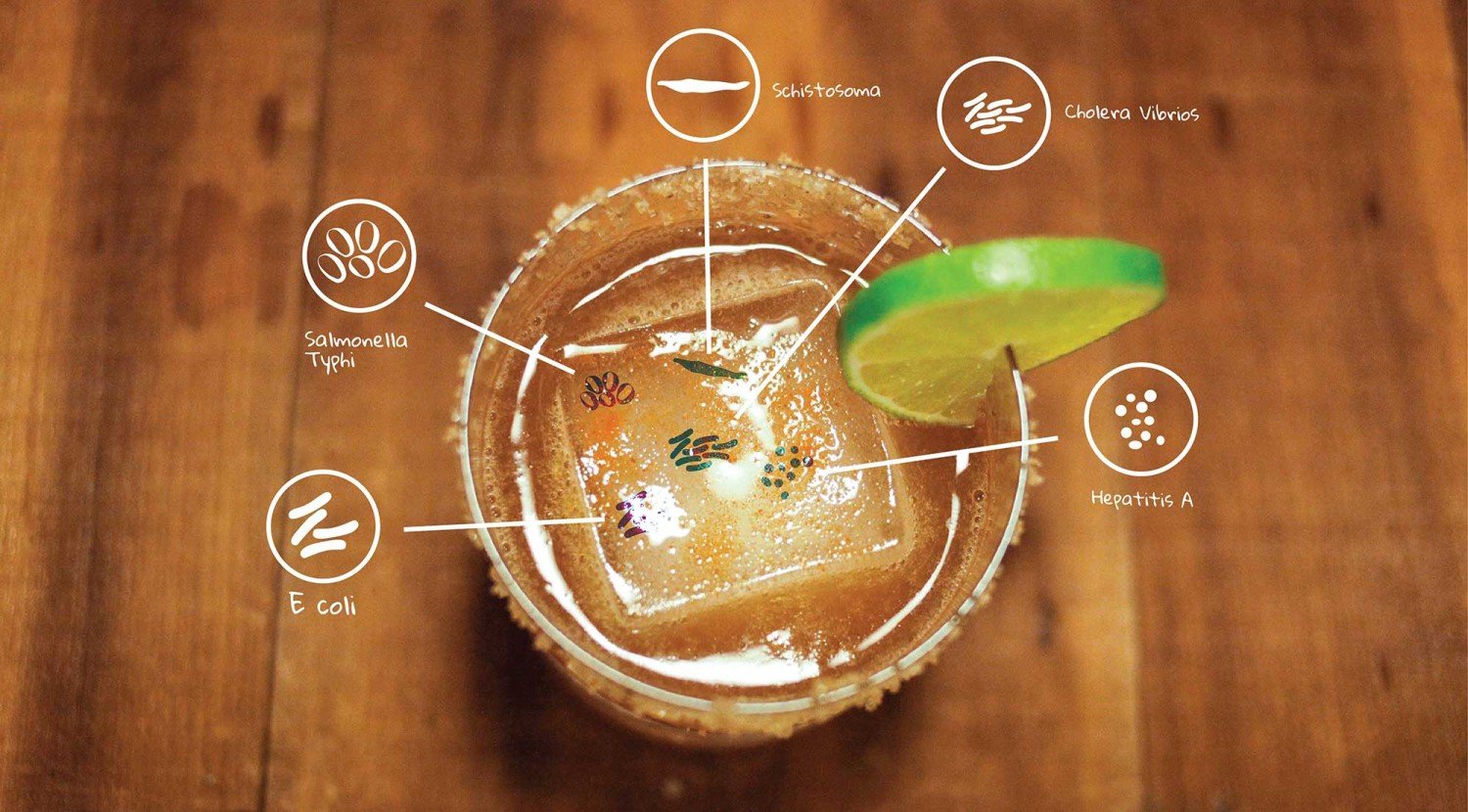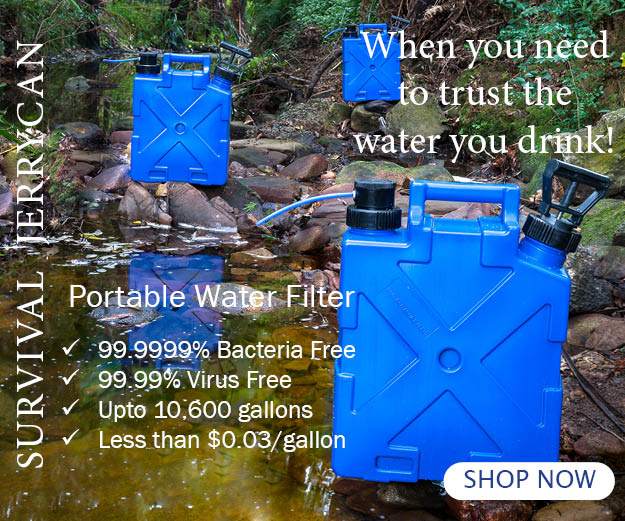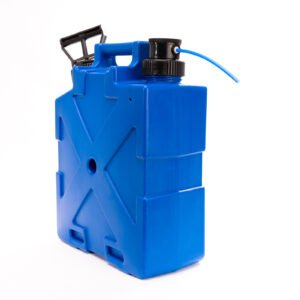Access to Safe Water While Traveling to Avoid Contaminated Water
If you don’t ensure you have access to safe water while you’re traveling, it can have much more serious consequences than a case of diarrhea by contaminated water.
“Water, water, everywhere, nor any drop to drink” – Barney Scott
It could cost you your life. Serious travelers’ viruses like typhoid, polio, hepatitis A and cholera can all be caught by drinking contaminated water or food. It is as easy as vegetables being washed with contaminated water. Viruses like Schistosomiasis and Leptospirosis are transmitted by swimming or bathing in contaminated water.
Travel Tips to avoid getting ill
However, these diseases are rare and can be easily avoided with a little caution. If you’re unsure about an area’s access to safe water, make sure you do the following travel tips:
- Be aware of what you eat: It’s more important to worry about what you’re eating, not where. Many travelers will assume restaurants won’t use contaminated water, and street sellers will. Unfortunately, it is never that simple.
- Street food is often the best food around. It’s cheap, delicious, and authentic. Street sellers and restaurants alike will have access to the same water system. Instead of avoiding particular places to eat, be careful to avoid any food with uncooked vegetables that could have been washed in contaminated water.
- Do your research: Find out what waterborne diseases are present in the area you are planning to travel to, and look up particular ways to avoid those diseases. Once you arrive, ask a local about waterborne diseases as well.
- Bring your own drugs. Legal, of course: Bring some medication with you for common diseases or illnesses in the area you’re traveling to.
- Unfortunately, diarrhea is inevitable in some countries. Diarrhea drugs can be either electrolyte, bulking agents, absorbents or anti-inflammatories. Do your research to know which will be more appropriate for the area you’re traveling to.
- Don’t make friends with salad: Avoid salads or unpeeled fruits. They may have been washed with contaminated water. If you really must, rinse your food yourself with safe, purified water.
- Keep your hands clean: Wash your hands thoroughly with hot water and soap before and after eating, going to the toilet or changing nappies. Keep a little bottle of hand sanitizer with you for those times when you don’t have access to hot water and soap.
- Don’t swim before you ask a local: No matter how good that water looks, always ask a local if the water is safe before swimming or bathing in rivers, creeks, lagoons, or lakes.
- Get insured: Make sure your travel insurance includes basic hospital cover, as a minimum.
- Invest in a good water purification system. Bottled water is never the best option. A device like the Sure Aqua Bottle
When you are traveling in a country without access to safe water, in danger to your health. You can help you to re-appreciate how lucky you are to have access to safe water in your own country.



